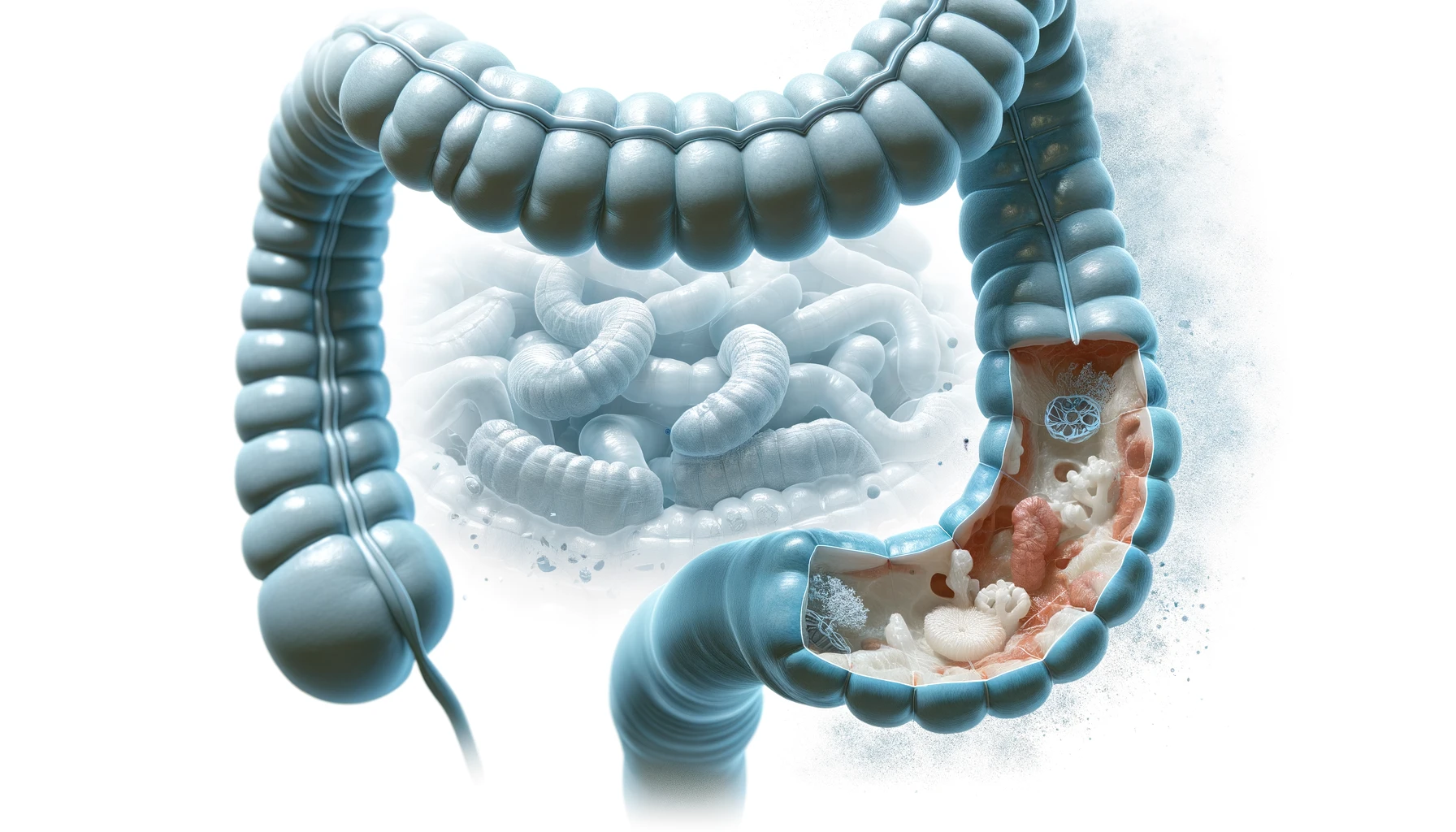Colon resection, also known as colectomy, is a significant surgical procedure that involves the removal of a portion of the colon, or large intestine. The colon plays a vital role in the digestive system, acting as a storage and transit area for waste material from the small intestine before it’s expelled from the body. There are various reasons a colectomy might be necessary, including inflammatory bowel disease (IBD), obstructions, or as a crucial step in treating colon cancer.
Understanding the Need for Colectomy
The decision to undergo a colectomy is often the culmination of a complex diagnostic process, aiming to treat severe conditions affecting the colon. Here are the primary reasons for this procedure:
- Inflammatory Bowel Disease: Conditions like Crohn’s disease and ulcerative colitis may necessitate the removal of affected portions of the colon to alleviate severe symptoms and prevent complications.
- Obstruction: A blockage in the colon, caused by scar tissue or tumors, can impede the movement of waste and may require surgical intervention to clear the passage.
- Colon Cancer: The removal of tumors and surrounding tissue in the colon is a critical step in cancer treatment, aiming to eliminate cancerous cells and prevent the disease’s spread.
What to Expect During and After a Colectomy
Patients undergoing a colectomy will be placed under general anesthesia. The procedure can vary in its extent, often depending on the diagnosis and the portion of the colon affected:
- Partial Colectomy: Typically involves removing the diseased or damaged part of the colon, after which the healthy ends are reconnected. This approach aims to preserve as much of the colon’s function as possible.
- Colostomy: In more severe cases, where reconnecting the colon isn’t feasible immediately, a colostomy may be performed. This involves creating an opening (stoma) in the abdomen to which a bag is attached, allowing waste to be collected externally. This procedure can sometimes be reversed, restoring the natural passage once the patient’s condition improves.
Recovery After Colectomy
Recovery from a colectomy can vary widely among patients, influenced by the specific nature of the surgery, the patient’s overall health, and the underlying reason for the procedure. While hospital stays and recovery times differ, the focus post-surgery is on healing and gradually returning to normal activities. Patients may need to adapt to dietary changes and, in cases involving a colostomy, learn new routines to manage their stoma care.
Choosing Us for Your Colectomy Procedure
Entrusting your care to a surgeon like Dr. Hannington, who has extensive experience in colectomy procedures, can provide reassurance during what can be an uncertain time. His expertise, combined with a compassionate approach to patient care, ensures that individuals undergoing a colectomy are supported through every step of their journey, from pre-surgical consultation to post-operative recovery and beyond.
Conclusion
A colectomy can be a life-changing procedure for individuals facing severe colon-related health issues. Understanding the reasons for the surgery, what the procedure involves, and the recovery process is essential for patients and their families as they navigate their healthcare journey. With advanced surgical techniques and comprehensive care, patients can look forward to a return to health and improved quality of life post-colectomy.
